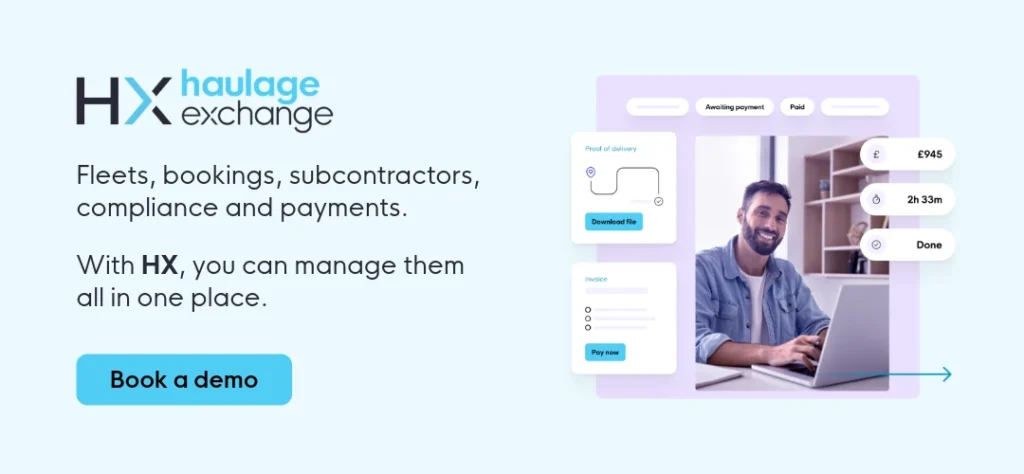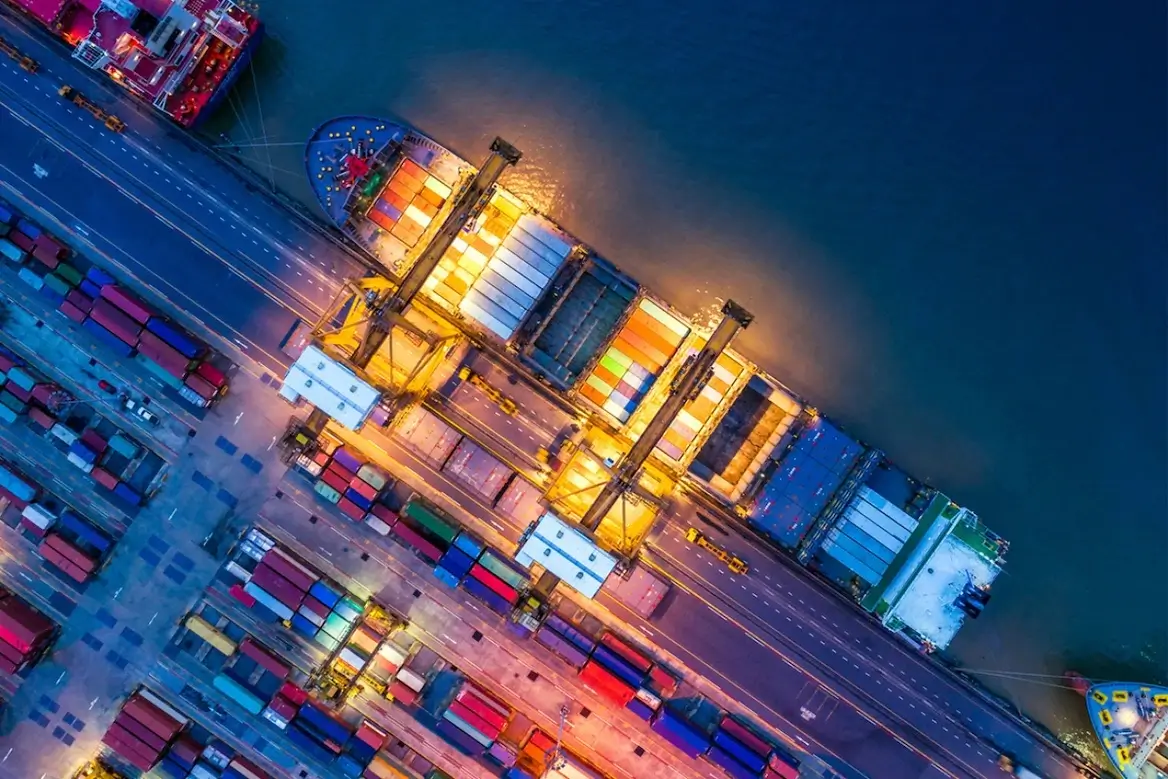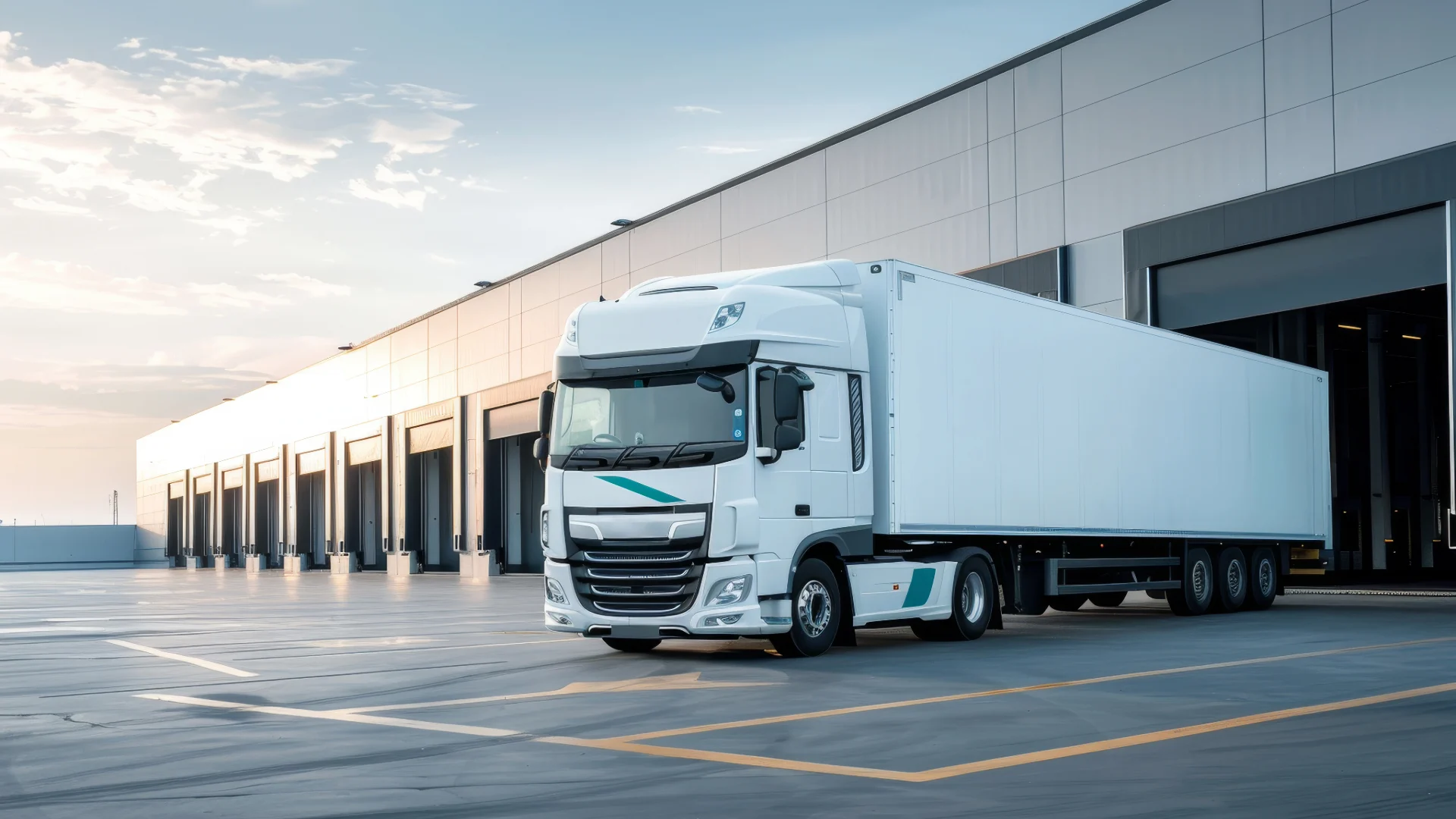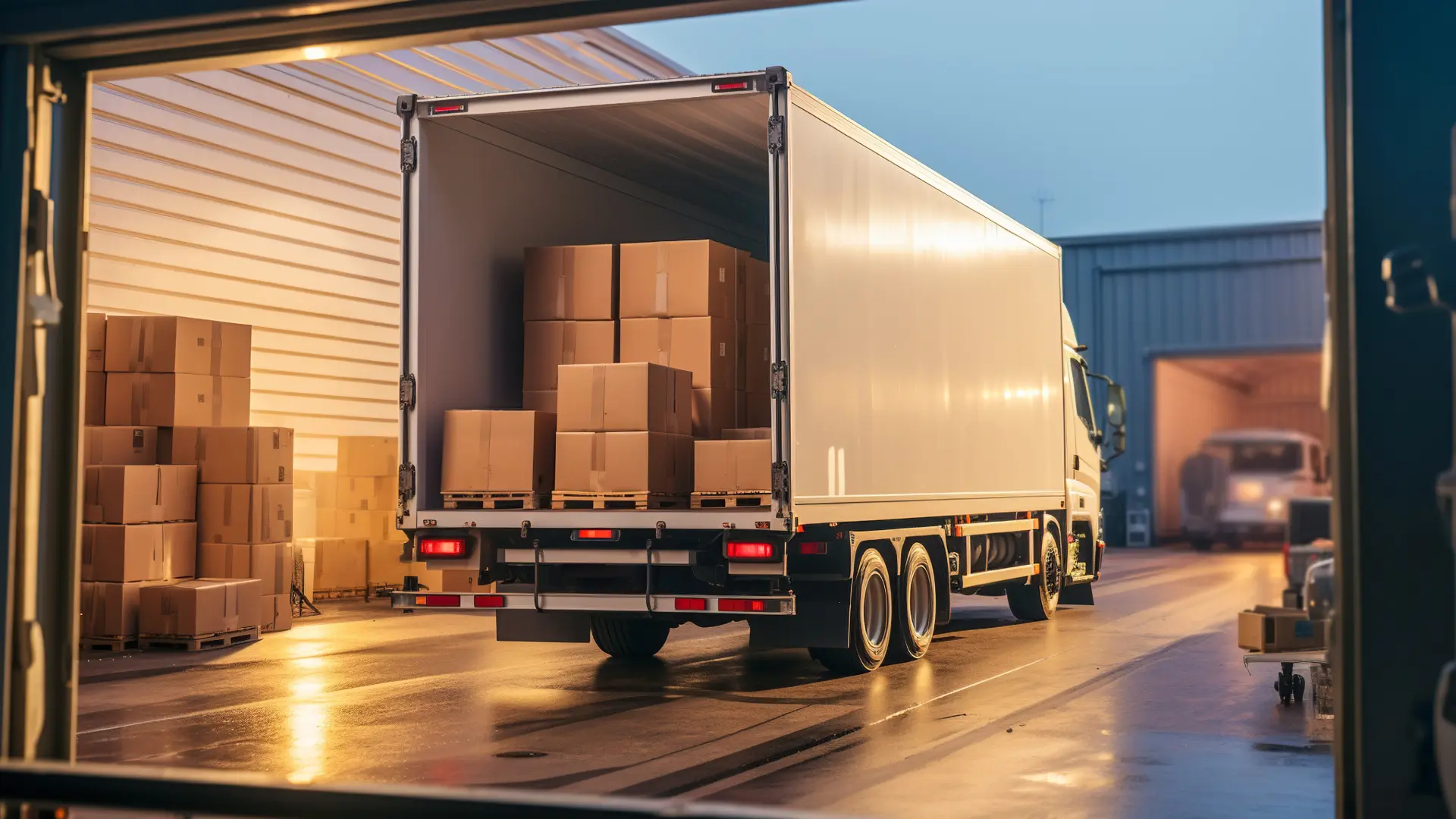In the UK, many freight forwarders work closely with couriers and truck drivers to move goods by road. With so much that can go wrong on the road, it’s super important to have a backup plan. This is where freight forwarder insurance comes in handy. It’s like a safety blanket, ready to protect against unexpected accidents and damages.
What we’ll cover
What is freight forwarder insurance?
Freight forwarders facilitate the transportation of goods mainly by road, but also through sea, air, and rail. Freight Forwarders Liability insurance (FFL) is tailored to shield these forwarders from unexpected damages to cargo until it’s safely delivered.
This kind of coverage is valiable, safeguarding forwarders from potential claims in the event of lost or damaged shipments that are out of their direct control.
Why opt for freight forwarder insurance?
Accountability is a key term in the world of freight. From the moment goods are handed over, the freight company is responsible for its safety.
There have been instances where unforeseen events, like harsh weather conditions or mishandling, led to significant cargo damage.
Remember the Ever Given container ship that ran aground in the Suez Canal in 2021? It blocked one of the world’s busiest waterways for six days, causing massive disruption in global trade, affecting the supply chain, and leading to hundreds of claims for damage to goods, late delivery, and contractual penalties.
With high compensation amounts at stake, insurance for freight forwarders becomes vital. Freight forwarder insurance alleviates the financial burden on the company, offering coverage against these kinds of unexpected setbacks.

What’s covered under freight forwarder liability insurance?
The specifics of the insurance may vary, but typically, it includes:
- Damage or loss during transit
- Delays due to custom issues
- Third-party liabilities such as legal fees
- Uncollected cargo
- Claims from senders and receivers
- Legal protection against unjust claims
- Protection against operational mishaps like fires or explosions
- Repair costs and recovery efforts
During the claim process, the insurer evaluates:
- Cargo specifics
- Service type (road, sea, rail, etc.)
- Subcontractor details
- Payment receipts
- Key documents, mainly Bill of Lading
Choosing your freight forwarder insurance
1. Identify your needs:
The first step in the process is to gain a clear understanding of your shipment requirements. The specifics of insurance for freight forwarders can vary significantly based on several factors:
- Transportation Mode: Whether you’re dealing primarily with road freight transport, sea freight, air, or rail will affect the type of insurance coverage you’ll need when freight forwarding. Each mode has its own set of risks, and the policy should reflect that.
- Associated Risks: Beyond transportation, consider other potential hazards. Are you offering specialist freight forwarding services, like transporting perishables or fragile items? Are there geopolitical risks in certain regions you ship to? Such details can significantly influence the kind of protection you should be seeking.
- Customs Duties: Goods travelling internationally may incur customs duties, and complications can arise. Some insurance policies may provide coverage for unforeseen customs expenses and delayed customs clearance, or you might require an add-on for such services.
2. Examine inclusions and exclusions:
Understanding the full scope of your Freight Forwarders Liability insurance policy is vital:
- Coverage details: Thoroughly review the policy details. Familiarise yourself with the specific incidents, situations, and damages the insurance covers.
- Potential gaps: Identify any areas the policy doesn’t cover. These exclusions can range from natural disasters to particular modes of transport or even specific regions/countries.
- Tailored add-ons: If you identify gaps that concern you, discuss these with your insurance provider. They often offer additional coverage options that can be added to your policy, ensuring you get comprehensive protection.
3. Verify insurer credibility:
Choosing a reputable insurer is important:
- Check reviews and testimonials: Existing clients’ experiences can provide invaluable insights. Look for reviews that specifically address claim processing times, customer service, and the insurer’s overall reliability.
- Look for certifications: Recognised industry certifications like FORS accreditations can indicate the insurer’s commitment to maintaining high standards and ethical practices.
- Beware of red flags: Extremely low premiums, lack of clear policy details, and aggressive marketing tactics can all be warning signs of potential scams or unreliable providers.
Conclusion
Shipping goods can be full of surprises, from sudden storms to unexpected world events. But with the right freight forwarder cargo insurance, you can feel more at ease, knowing that your customers’ freight and your money are safe.
If you’re unsure or have questions, just chat with your insurance company. They’re there to help you out, every step of the way.
Once you’re set up, you’ll need subcontractors to deliver your freight. Haulage Exchange is the UK’s largest freight forwarders network with over 50,000 verified vehicles available at a moment’s notice, enabling you to meet ever-changing customer demand and grow your freight forwarding company.




